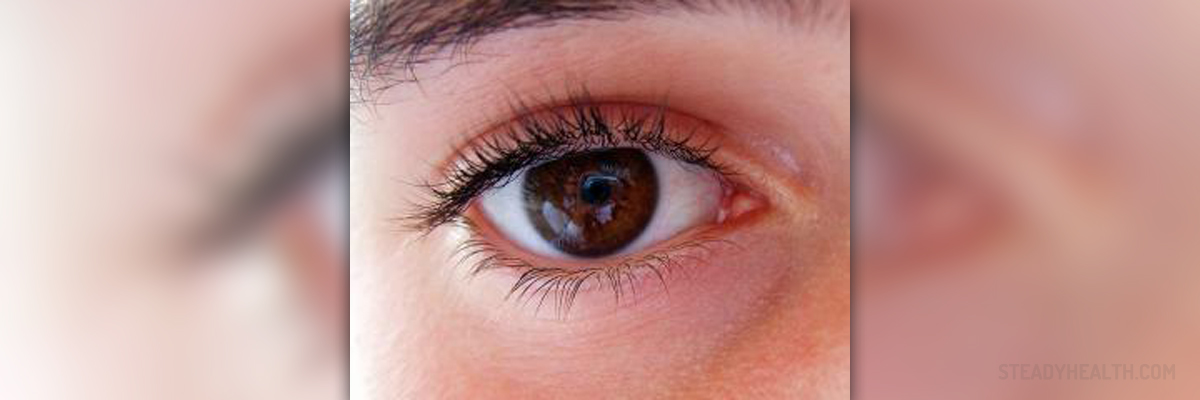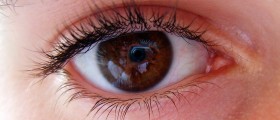
One of the five senses in human beings is vision. The eyes are the organs that enable us to see. It would be very difficult to function without them so it is very important to keep them healthy. Therefore, even when a small problem with eyes appears, it should not be ignored.
One of the eye disorders is dry eye syndrome, also called keratoconjunctivitis sicca. This condition is marked by unusual dryness of the eye, which usually occurs when the tear glands are not able to produce sufficient tears or when the water in the tear film evaporates while the amount of salt increases. As a consequence, typical sandy-gritty dry eye irritation occurs. The outer oil layer, middle aqueous layer, and the base mucus layer are the three layers that comprises the tear film. The main role of the mucus layer is to lubricate the eyes while the middle aqueous layer provides oxygen and vital nutrients to the eyes and clear them from dirt. The outer oil layer, which is produced by oil glands, protects the eye and reduces evaporation.
Causes of dry eye
As it has been mentioned, dry eye syndrome occurs due to deficiency of tears and increased evaporation. There are several reasons why these two problems occur. The lachrymal glands are the glands that are responsible for the secretion of tears. The malfunctioning of these tears can happen due to aging or genetics, but also due to some medical conditions like rheumatoid arthritis and Sjogren's syndrome, as well as systemic lupus erythematosus, and Wegener's granulomatosis, also, there are certain medications that can contribute to the dryness of the eyes. These medications include antidepressants, sedatives, contraceptive pills and antihistamines. Increased evaporation is also caused by unusual tear composition. Other potential causes for the occurrence of dry eye syndrome are low humidity, exposure to smoke and contact lens, as well as blepharitis and rosacea.
Dry eye syndrome should be treated immediately. Otherwise, it can lead to chronic or severe dry eyes marked by the inflammation of eyes, infection of cornea and even scarring.
Symptoms of severe dry eye
The people who suffer from severe dry eyes usually experience constant eye dryness, burning sensation in the eyes, itching and abnormal tearing. The tears in this condition are watery tears, which are unable to maintain the moisture in the eyes. Furthermore, severe dry eye may also cause pain and redness.

















Your thoughts on this
Loading...